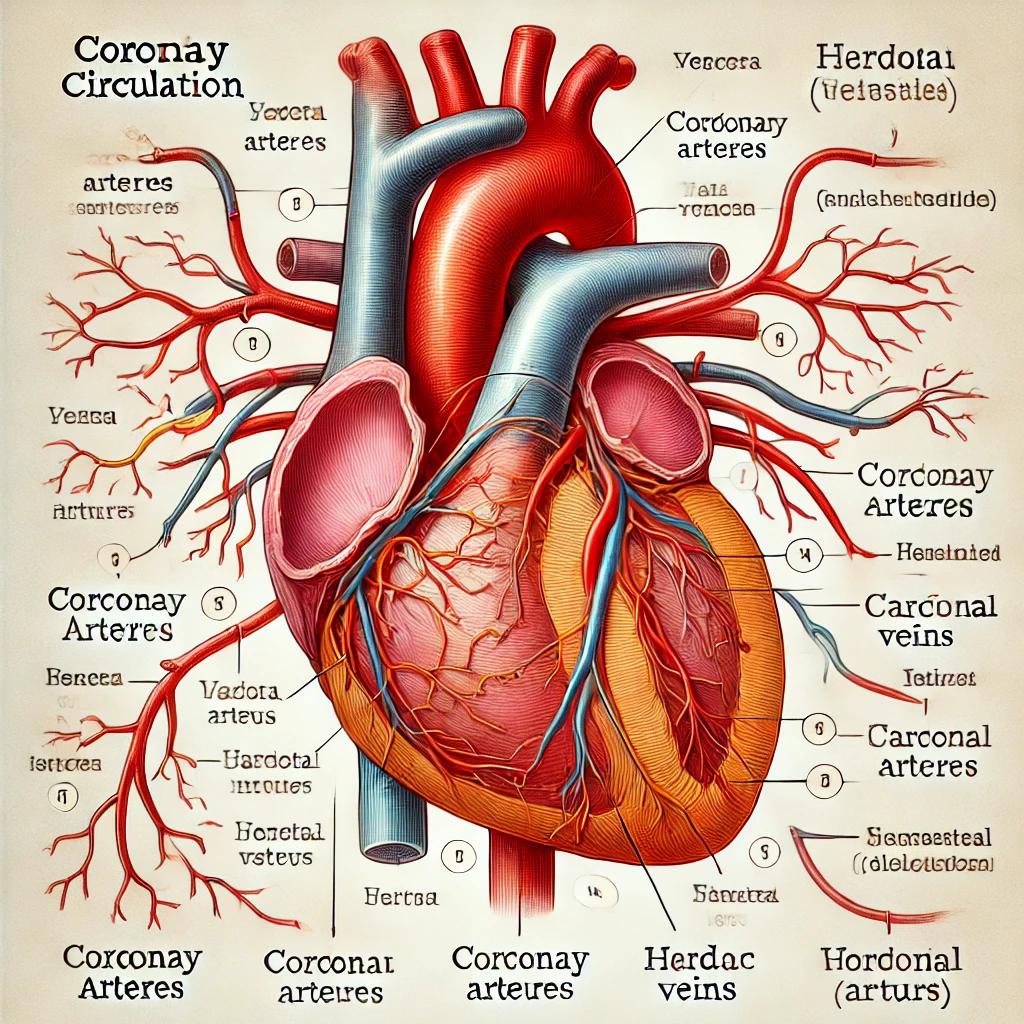Introduction
Hematuria-Nephropathy-Deafness Syndrome, As we journey into the world of genetic disorders, we are faced with an array of medical terms and conditions that need deciphering. One such condition is Alport Syndrome, a rare genetic disorder affecting the kidneys and other organs.
A Deep Dive into Alport Syndrome
Defining Alport Syndrome
Alport Syndrome is a genetic condition that primarily affects the kidneys. Named after the British physician Dr. Cecil A. Alport, who first described it, the condition is characterized by progressive kidney disease, hearing loss, and eye abnormalities.
Prevalence of Alport Syndrome
Alport Syndrome is a rare condition, affecting approximately 1 in 50,000 newborns. However, due to its genetic nature, the risk of inheritance remains a concern for affected families.
Understanding the Symptoms of Alport Syndrome
Alport Syndrome presents with a unique mix of symptoms. Here, we explore each one in detail.
Kidney Disease
As the principal organ affected by Alport Syndrome, kidneys show signs of damage early in life. Hematuria (blood in urine) is often the first symptom, followed by proteinuria (protein in urine) as the disease progresses.
Hearing Loss and Eye Abnormalities
Aside from kidney disease, Alport Syndrome also manifests as sensorineural hearing loss and specific eye abnormalities like anterior lenticonus and maculopathy.
The Genetic Landscape of Alport Syndrome
The Role of COL4A5, COL4A3, and COL4A4 Genes
The primary culprits behind Alport Syndrome are mutations in the COL4A5, COL4A3, and COL4A4 genes. These genes are responsible for the production of a protein involved in the formation of a key component of kidney filters, the glomerular basement membrane (GBM).
Different Genetic Patterns: X-Linked, Autosomal Recessive, and Autosomal Dominant
Alport Syndrome can be inherited in three main ways: X-linked, autosomal recessive, and autosomal dominant. Each pattern is dictated by the specific gene affected.
Diagnosing Alport Syndrome
Clinical Features and Family History
Diagnosis of Alport Syndrome is based on clinical features, family history, and genetic testing. The presence of blood and/or protein in urine and hearing loss or eye abnormalities might suggest the condition.
Importance of Genetic Testing
Genetic testing plays a crucial role in the diagnosis of Alport Syndrome. Detecting mutations in the associated genes can confirm a suspected diagnosis, identify at-risk family members, and guide management strategies.
Living with Alport Syndrome
Management and Treatment
Currently, there is no cure for Alport Syndrome. However, management strategies exist that focus on delaying kidney damage, managing symptoms, and improving the quality of life.
Impact on Quality of Life
Living with Alport Syndrome can have significant impacts on an individual’s quality of life. Understanding these impacts can aid in forming comprehensive management plans.
Support and Resources
Organizations and Communities
Several organizations provide resources and support to individuals affected by Alport Syndrome and their families. These include the Alport Syndrome Foundation, the National Kidney Foundation, and the Genetic and Rare Diseases (GARD) Information Center.
Current Research and Future Directions
Research into Alport Syndrome is ongoing, with advancements being made in understanding its genetic basis, refining diagnosis, and developing potential therapies.
Frequently Asked Questions (FAQs)
1. What is the first sign of Alport Syndrome?
The first sign of Alport Syndrome is usually hematuria, or blood in the urine, which can be detected through urine tests.
2. Can Alport Syndrome be cured?
Currently, there is no cure for Alport Syndrome. Treatment focuses on managing symptoms and delaying kidney damage.
3. Is Alport Syndrome inherited?
Yes, Alport Syndrome is an inherited genetic condition. It can be passed down in an X-linked, autosomal recessive, or autosomal dominant pattern.
4. How common is Alport Syndrome?
Alport Syndrome is a rare condition, affecting approximately 1 in 50,000 newborns.
5. Can someone with Alport Syndrome lead a normal life?
With proper management, people with Alport Syndrome can lead fulfilling lives. However, the condition requires ongoing medical care and can impact quality of life.
6. Are there support groups for Alport Syndrome?
Yes, several organizations like the Alport Syndrome Foundation and the National Kidney Foundation provide resources and support to those affected by the condition and their families.
References:
- Alport Syndrome: MedlinePlus Genetics
- Alport Syndrome: National Kidney Foundation
- Alport Syndrome: Genetics Home Reference
- Alport Syndrome: Alport Syndrome Foundation
- Alport Syndrome: Mayo Clinic
My Other Articles:
- Chronic Kidney Disease (CKD) And the Causes
- Recognizing the Signs and Symptoms of Chronic Kidney Disease
- Gross Anatomy of the Kidney: An In-Depth Exploration of Kidney Structure
- Tetralogy of Fallot: Causes and Risk Factors
- Acute Coronary Syndrome: Causes, Symptoms, Treatment, and Prognosis
Disclaimer: This article is intended for informational purposes only. It is not a substitute for professional medical advice, diagnosis, or treatment. Always seek the advice of your physician or other qualified health provider with any questions you may have regarding a medical condition.




